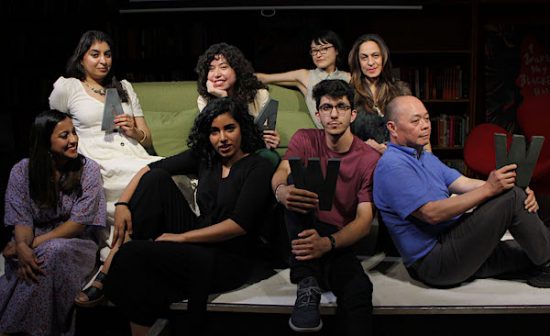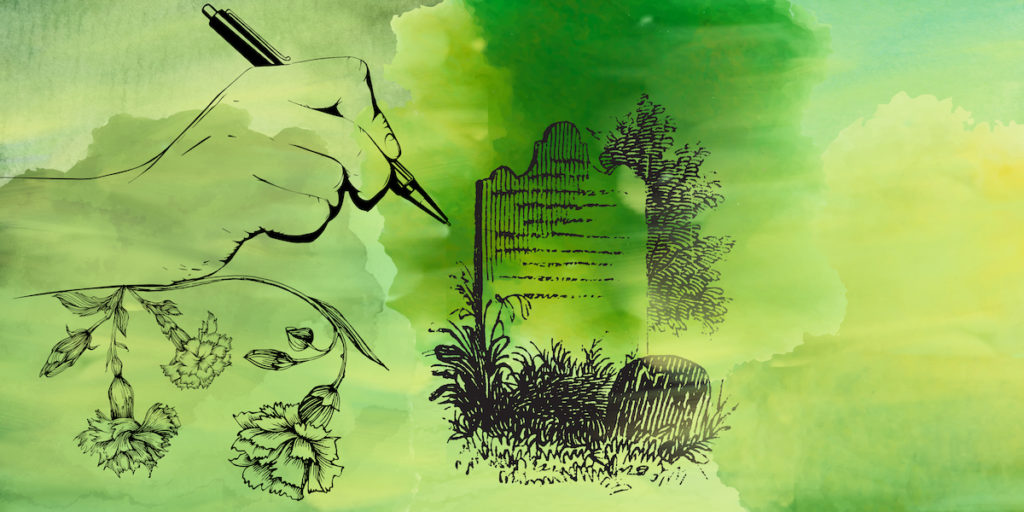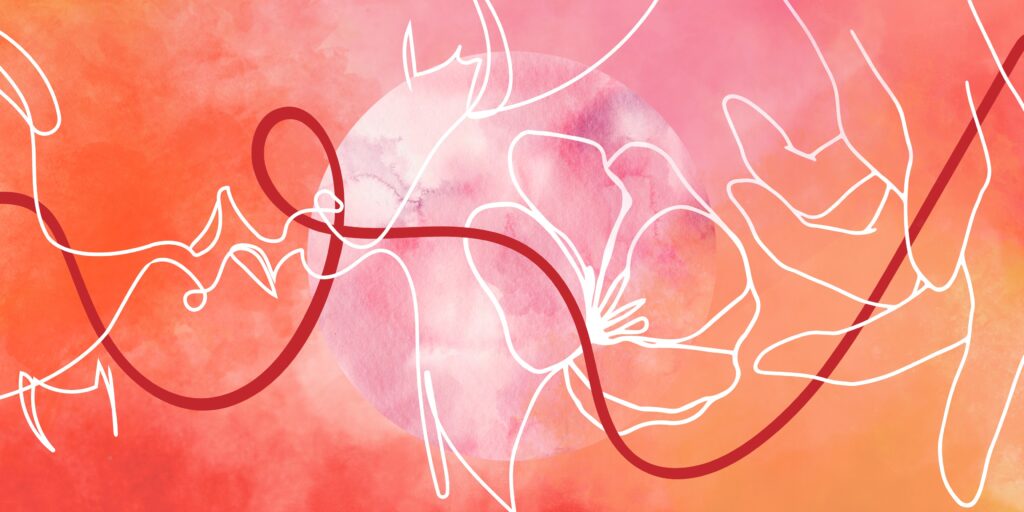Today we are celebrating the nine emerging writers who will receive fellowships from the Asian American Writers’ Workshop in 2021.

January 28, 2021
The Asian American Writers’ Workshop is devoted to nurturing and publishing creative writing and reportage by Asian and Asian diasporic writers. Our fellowships materially improve the lives of emerging writers of color through an innovative mix of community, publication, and career development. Through our fellowships, we aim to support writers, activists, and intellectuals so they can dream a new American mythology.
The Margins Fellowship
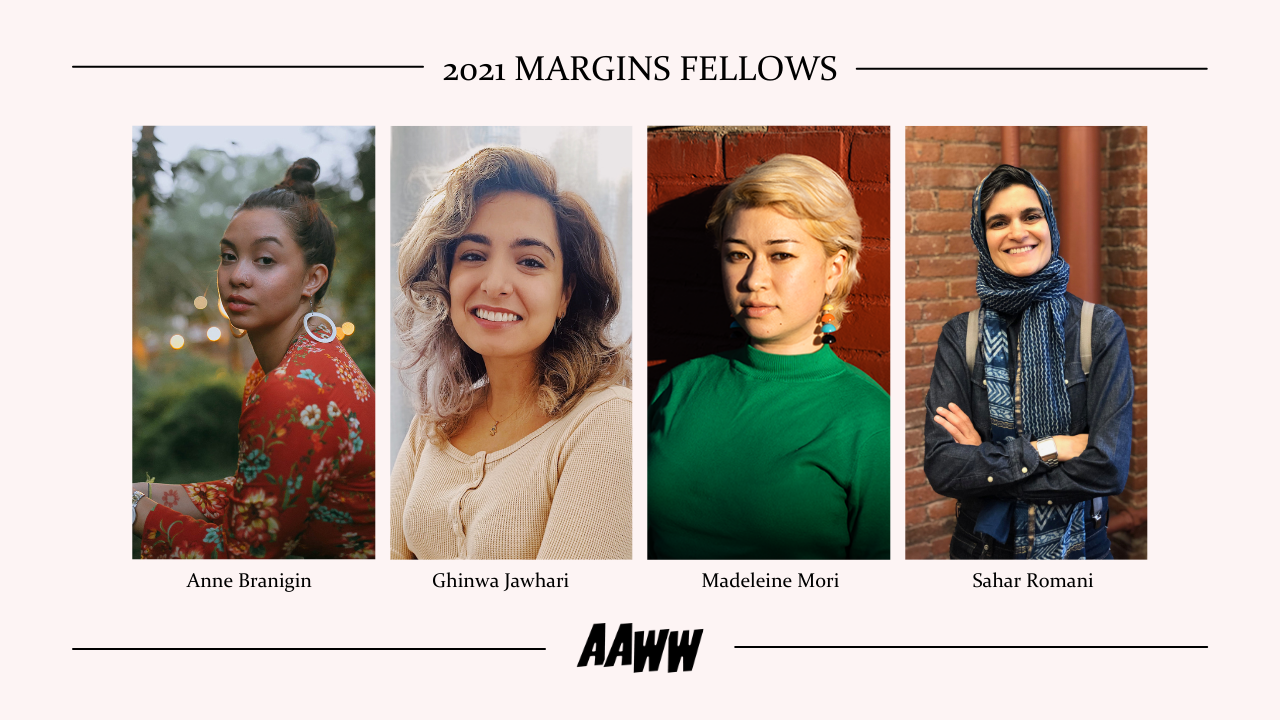
The Margins Fellowship is an opportunity for emerging Asian and Asian diasporic poets, fiction writers, and creative nonfiction writers to establish a home for their work on the Asian American Writers’ Workshop’s online magazine The Margins, receive guidance and support for their careers, and build community with fellow writers at AAWW.
This year we have the privilege to support four writers who will develop a body of work in fiction, poetry, or creative nonfiction around a project they have proposed. Each will receive a $5,000 grant, publication opportunities in The Margins, residency time at the Millay Colony for the Arts, and guidance and mentorship from writers and editors.
We’re excited to announce our 2021 fellows: Anne Branigin, Ghinwa Jawhari, Madeleine Mori, and Sahar Romani. Read more about them, and their projects below.
The Margins Fellowship is made possible by support from the Jerome Foundation, Book of the Month, the Nathan Cummings Foundation, and the Ford Foundation.

Anne Branigin is Filipino American writer, reporter and former educator. She is currently a rapid response reporter for The Lily, a Washington Post publication focusing on women’s stories; previously, she covered social justice, politics and health stories through the lens of race and gender at The Root. She earned her BFA in Creative Writing from the University of North Carolina Wilmington, where she was recognized for her lyrical essays, and an MSJ from the University of Southern California, where she was an Annenberg Fellow. Her work has also appeared in Teen Vogue, Zora, Quartz and O Globo.
As a Margins fellow, Anne will work on a nonfiction manuscript exploring the multiple histories and narratives surrounding one of the United States’ first Asian settlements, St. Malo in Louisiana. She’s most interested in experimenting with docupoetics and deep encounters with archival materials—or the absence thereof. Anne is also thrilled to engage with other Asian American writers and readers similarly concerned with themes of displacement, memory and evolving mythologies.
You can find Anne on Twitter at @AnneBranigin.

Ghinwa Jawhari is a Lebanese American writer based in Brooklyn, New York. Born to Druze parents in Cleveland, Ohio, she was frequently suspended between the Midwest and Middle East. These consistent migrations shaped her concepts of identity, citizenship, language, and relationships.
Ghinwa’s essays, fiction, and poems appear or are forthcoming in Catapult, Narrative, Mizna, The Adroit Journal, The Bangalore Review, and others. Her debut chapbook, BINT (بنت), was selected by Aria Aber for the Own Voices Chapbook Prize and is forthcoming from Radix Media in March 2021. Her work explores themes central to Arab-American girlhood: inherited trauma, sexuality and the growing body, identity and violence in diaspora, and the contracts of tradition.
During her year as a Margins Fellow, Ghinwa will be working on a full-length poetry and fiction manuscript, dissecting Phoenician culture and Lebanese identity. The project will explore language, mythology, and matriarchal/patriarchal structures alongside contemporary, personal narratives.
Ghinwa tweets sporadically @ggjawhari and posts good hair days to Instagram at @bbghanouj.

Madeleine Mori is a Japanese-American poet originally from San Francisco. She earned a bachelor’s degree in winemaking from Cal Poly San Luis Obispo and an MFA from New York University. Her work has appeared or is forthcoming in Salt Hill, Sixth Finch, tele-, The Cincinnati Review, jubilat, DIAGRAM, the American Poetry Review, and BOAAT, among others. She was the recipient of a Lucille Clifton Memorial Scholarship from the Community of Writers and a Global Research Initiative Fellowship from NYU’s Provost. She is the Poetry Editor at Pigeon Pages and lives in Brooklyn.
Madeleine is driven to write by the complex music and poetic voices that emerge at the intersections of grief, addiction, friendship, love, and sex. During her time as a Margins Fellow, Madeleine will continue work on several projects including her first full-length manuscript, Scopophilia, which documents and processes into song the loss of her late partner to colon cancer. With her background as a winemaker, she plans to also research and write into her and her ancestors’ relationships with agriculture, the language associated with colonization, cultivation, and production, and the intimate geography and folklore of her native California.
Madeleine also hopes to showcase the work of and conversations with poets diving into sense memory, food and wine accessibility, and the interesting challenge for writers of rendering taste and smell.
You can follow Madeleine on Instagram at @sincerelyellecohen, or visit her website at madeleinemori.persona.co.

Sahar Romani, daughter of Indian Muslim immigrants, was born and raised in Seattle. A poet and educator, Sahar’s poems appear in The Adroit Journal, Poetry Society of America, The Offing, Asian American Writers Workshop’s The Margins and elsewhere. She is a recipient of fellowships from the Poets House as well as New York University, where she earned her MFA and currently teaches writing to first-year undergraduates.
Formerly trained as a geographer and ethnographer at Oxford University, Sahar’s poetics coincide with ethnographic practices of inquiry and observation. Her poems attend to the intimate, mundane, and peripheral to consider political and existential questions. This year as a Margins Fellow, Sahar will continue to work on her first manuscript of poems, which reckons with narratives of self and the other, family and friendship, faith and the divine. Over the course of this book, Sahar seeks to blur the lines between formal modes of research and the more daily, human urge to search beyond inherited paradigms of who we are and what we know.
You can find Sahar on Twitter at @saharromani.
2021 Margins Fellowship Finalists: Stine An, Andrew Chan, Julie Chen, Kristen Felicetti, Ju-Hyun Park, and Taehee Whang.
Thanks to our 2021 Margins Fellowship Readers and Judges: Zena Agha, Amanda Ajamfar, Mariam Bazeed, Wo Chan, Anelise Chen, Abeer Hoque, Vt Hung, Annie Hwang, Jen Hyde, Sabrina Imbler, Sueyen Juliette Lee, Vivian Lee, Tan Lin, Yuxi Lin, Jen Lue, Rajiv Mohabir, Ayesha Raees, Hasanthika Sirisena, Steven Tagle, Wei Tchou, Yanyi, and Emily Yoon.
The Open City Fellowship
The Open City Fellowship documents the pulse of Asian America as it is lived on the streets of New York City today.
The 2021 Open City Muslim Communities Fellowship has been awarded to three emerging writers with roots in Asia, the Middle East and North Africa (MENA). These writers will embark on a nine-month fellowship reporting on Asian diasporic and Muslim communities in New York City.
The 2021 Open Neighborhoods Fellowship is a unique opportunity for two emerging Asian and Asian diasporic writers to publish narrative nonfiction on the vibrant Asian communities of New York City, over the course of a nine-month fellowship. Each Open City Fellow will receive a $2,500 grant, skill-building workshops, and publishing opportunities in The Margins.
We are excited to announce our 2021 Open City Muslim Communities Fellows Aaisha Bhuiyan, Ayesha Islam, and Lylla Younes, and our 2021 Open City Neighborhoods Fellows Jessica Joyce Jacolbe and Teresa Mathew. Read more about them below.
The Open City Fellowship is made possible by support from the NYC Department of Cultural Affairs, the Nathan Cummings Foundation, and the Ford Foundation.

Aaisha Bhuiyan is a 24 year old Muslim Bangladeshi-American third culture kid. She is a Program Manager at AWS by day and an aspiring writer by night. Her work has been published on Forbes BrandVoice and featured on Susan Skog’s book “Your Voice Matters: Stand Up, Speak Out.”
She is excited to spend the 2021 Open City fellowship term focusing on Jackson Heights, a neighborhood she frequents to buy monthly groceries and where she still have family that lives in her childhood apartment. She has lived in many places over the years but Jackson Heights has always been home.
Aaisha will explore the tales of Bangladeshi women that call Jackson Heights home, who leave everything to come support their husbands and children in this foreign land. They learn a new language, take on additional jobs and still make sure there is food on the table – while usually nurturing the health of the relationships in the household. She saw her mother’s struggles as an immigrant woman firsthand and they have pushed her to start advocating for female empowerment at an early age.
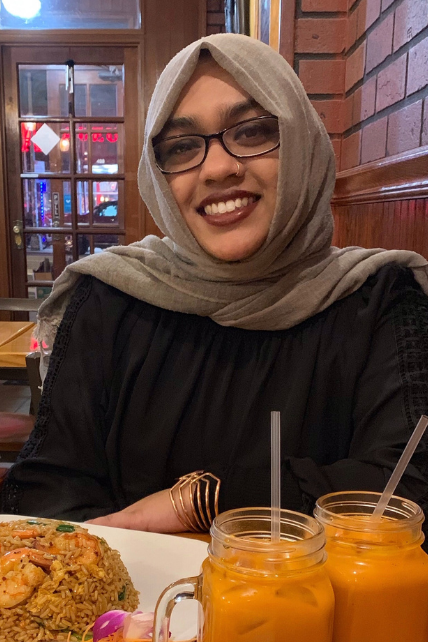
Ayesha Islam is a Bangladeshi-American Muslim writer and public servant from Queens, New York. Centering empathy and uplifting BIPOC are the common threads of any work she has done – whether it be in government, social justice spaces, or writing. She currently works for the Urban Institute, an economic and social policy research organization dedicated to developing evidence-based insights that improve people’s lives and strengthen communities.
Through the Open City fellowship, Ayesha will be writing about the complexities of faith and politics within Bangladeshi immigrant communities. She will be elevating stories from Jamaica and Jackson Heights, the neighborhoods by which she grew to love her roots.
Ayesha studied Political Science, Creative Writing, and Middle Eastern Studies/Arabic at Bryn Mawr College. Her writing has been recognized at the regional and national level through competitions hosted by Scholastic and Penguin Random House. She was also a former NYC Urban Fellow for the New York City Department of Small Business Services, and previously served on the executive board of a nonprofit organization serving Muslim youth. Aside from narrative-driven personal essays, she can often be found working on long-form fiction pieces and screenplays for television and film.

Lylla Younes is a data journalist and writer based in Brooklyn. She works on data-driven and environmentally focused investigations for ProPublica’s Local Reporting Network. She is also a professor at CUNY’s Newmark School of Journalism.
During her fellowship with AAWW, she plans to find and tell stories about the Arab and Muslim communities of Bay Ridge. She is particularly interested in studying challenges in the supply chain between the Middle East and Bay Ridge’s speciality stores and profiling individuals organizing for greater political participation in the Arab community.
.
.
.

Jessica Joyce Jacolbe is a writer and researcher from Brooklyn. With an interest in arts and culture, identity, and the internet, her work has been featured in VICE, Catapult, JSTOR Daily, and other online publications. She is a graduate of St. Joseph’s College, and received her M.A. from Columbia Journalism School where she studied arts and culture journalism. During her graduate career, she worked with the Geographies of Injustice working group of the Center for the Study of Social Difference at Columbia and wrote her thesis on the role of sunlight and shadows in urban communities.
Since 2018, Jessica has been an arts and community organizer as a co-founder of Dogeaters Collective, a group of Filipinx American artists and writers interested in challenging identity and creating radical futures.
As an Open City fellow, Jessica will continue to write arts and culture stories and report on the Flushing and Woodside neighborhoods in Queens.

Teresa Mathew is a writer, photojournalist, and illustrator based in Brooklyn, New York. She plans to cover the neighborhoods of Elmhurst and Jamaica, focusing particularly on the mental and spiritual care of South Asian communities and delving into the ways that religion, politics, and culture are fed and complicated by immigration.
She has previously reported on minority communities in New York City, producing stories about a trans boxing club, an order of Black nuns in Harlem, and the city’s attempt to create its own bail fund. Her story about the Sikh Motorcycle Club of the Northeast won the 2018 South Asian Journalists Association Award for Outstanding non-fiction writing about the South Asian diaspora. Teresa has also reported from India, covering efforts by a group of nuns to help open a school for trans people in Kerala.
She presently works as a fact-checker at The New Yorker. Her photography and writing—primarily focused on religion, immigration, and criminal justice—have appeared in Slate, The Appeal, Buzzfeed Reader, NPR, the Atlantic, and The New York Times.
2021 Open City Fellowship Finalists: Faith Cooper, James Yeh, and Ruqaiyah Zarook.
Thanks to our 2021 Open City Fellowship Judges: Rowaida Abdelaziz, Wajahat Ali, and Anjali Kamat.


